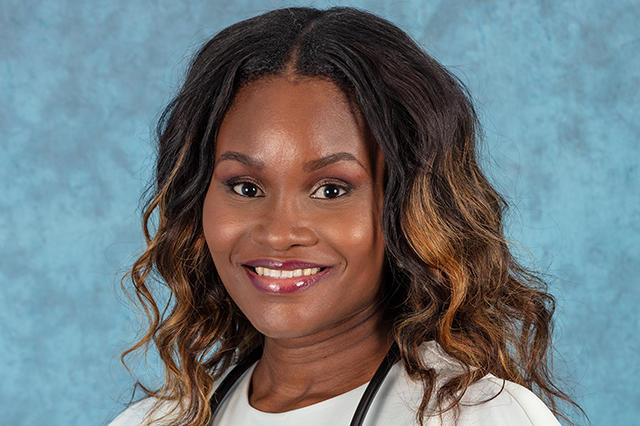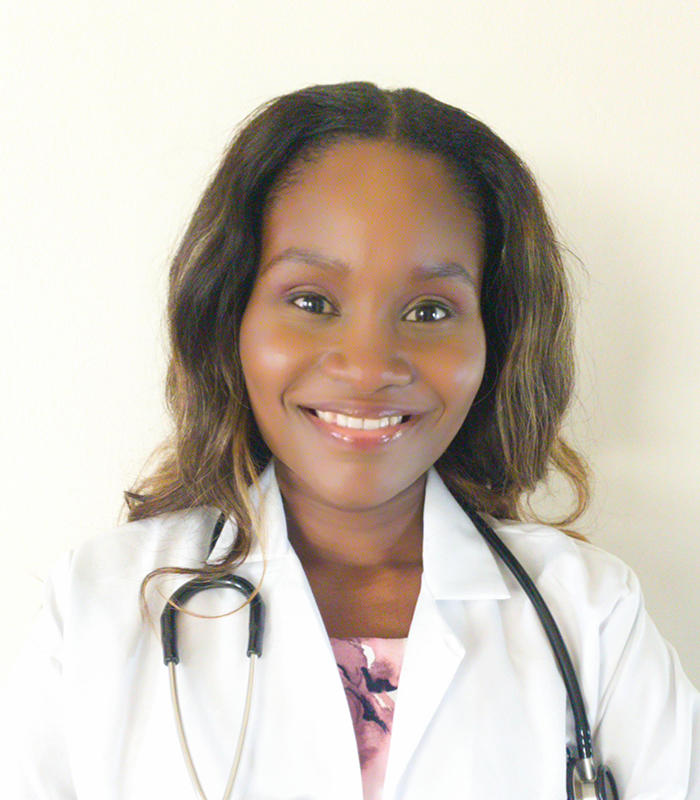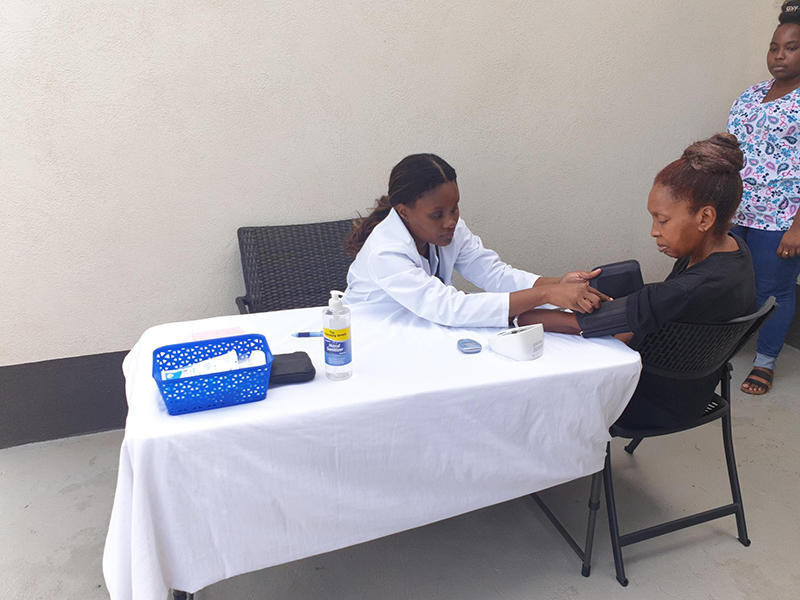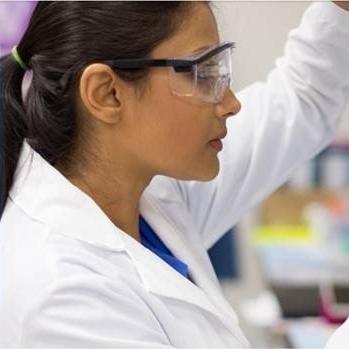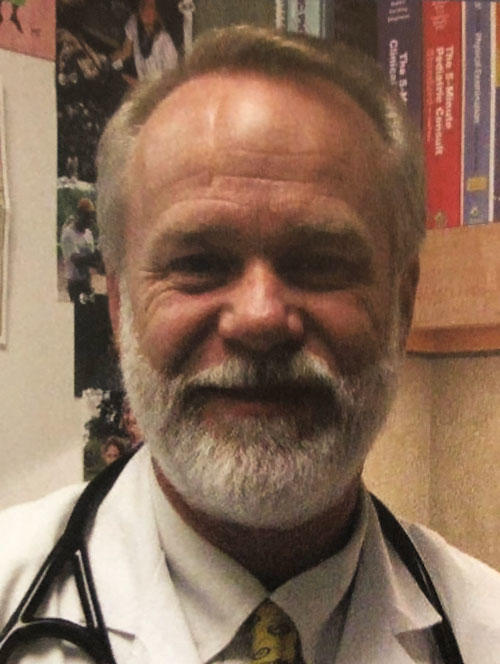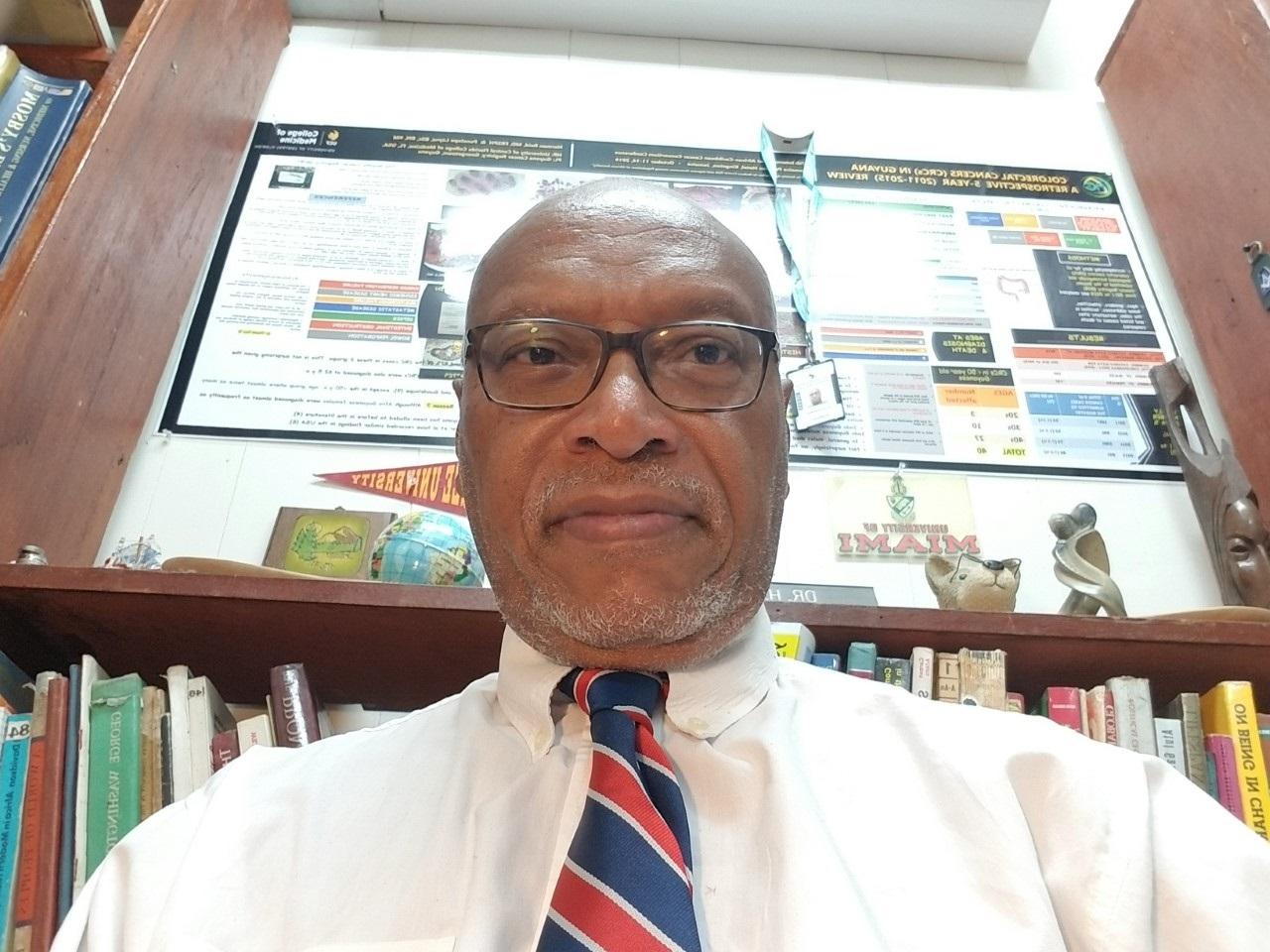Academic support is second nature to Leiann Roett-Baird, MD. A general practitioner and educator, she was always intrigued with the sciences, the human body, and helping others. Her interest in medicine developed into a passion to support other medical students like herself. “Teaching always interested me from the time I was very young. Growing up, I would teach my brother and sister and took a lot of joy in making sure they did well in school. Medicine and teaching were linked for me and became an integral part of my medical career choices. During medical school, I wanted to share that interest by helping other students succeed.
When Dr. Roett-Baird was a teenager, she experienced a pivotal moment that led her to pursue a career in medicine. Her brother had appendicitis, but was misdiagnosed, and endured rupture and sepsis. She remembers his weeks in intensive care, and the long road to learn to walk again. Now a doctor, she is a stalwart advocate for the care management of patients. “Reaching the proper medical diagnosis can mean the difference between life and death. My brother’s case inspired me to learn medicine and facilitate medical learning so patients can receive expert care.”
A native of Barbados, she attended medical school at the University of the West Indies, Jamaica, interned at the General Hospital in Grenada, then served as Clinical Tutor to medical students at St. Georges University, Grenada, in addition to several roles as a volunteer physician in Barbados at the Diabetes Foundation and Queen Elizabeth’s Hospital.
Her time spent as a Clinical Tutor strengthened her desire to teach. Leading small group interactive instruction in clinical skills, pharmacology, and pathophysiology, Dr. Roett- Baird developed several student assessment tools geared toward content integration and examination preparation. Students learned strategies and techniques in history taking, physical examinations, case reporting, communication skills, clinical pharmacology and applied pathophysiology, helping them to manage coursework, see interrelationships in clinical data, and grasp a patient’s total clinical picture. “The aim was to reinforce what was taught during lecture sessions and conduct open hour sessions where students can have difficult concepts clarified on a one-to-one basis. I’m looking forward to bringing these kinds of skills to my new role at the Academy for Teaching and Learning (ATL) at Ross University School of Medicine (RUSM),” says Dr. Roett-Baird.
Individualized academic and personal support for medical students is the focal point of the ATL, which offers programs to help students navigate the demands of medical school, such as the pre-matriculation course, one-on-one coaching, mind/body medicine, peer tutoring, and the cognitive skills program. Additionally, the ATL supports students and faculty through student-centered programs, faculty development, and medical education research and scholarship. The RUSM approach to learning and professional development connects students and faculty to a wide range of tools for academic and personal success.
Dr. Roett-Baird will bring her skills in clinical care and medical student advising to the ATL, as well as joining other doctors to teach the ELLS 1 (Essential Lifelong Learning Skills) course. “This course is tailored for students who have had to repeat a semester. We’ll assist students with time management and learning strategies, like notetaking. We’ll also run through clinical scenarios to help students learn how to integrate knowledge from the basic sciences to the clinical sciences—these ‘illness scripts’ help students to diagnose illness, discover disease causes and match available treatments.”
“If students are having difficulties, I ask if personal matters are affecting their academic performance and getting in the way of their success. Knowing the full picture, you can direct students to the right area for the best help. I feel gratified when a student says they can better understand the material after working with me, can manage their time, and see improvement in their studies,” says Dr. Roett-Baird.
Dedicated to volunteer work, she has treated patients at the Barbados Diabetes Clinic for wounds and amputations, however, the recent focus has shifted. “In Barbados, the number of patients with diabetes is high, and we’re working to educate patients. But recently, we’ve had an urgent need for volunteers to advise patients with COVID-19. I call patients daily to check on their symptoms and instruct them how to seek medical care.”
While Dr. Roett-Baird will now be centered on academic and personal advising for students, she hopes to continue her volunteer work with patients. “When I help medical students to be their best, I’m indirectly reaching hundreds of patients that I wouldn’t be able to see on my own.”
She joins RUSM in Barbados with her two-year-old son, eight-month-old daughter, and husband, Derick. “My children make me an even better educator, because I need to look for new and creative ways to communicate with them—they see the world through a completely different lens compared to adults.”

